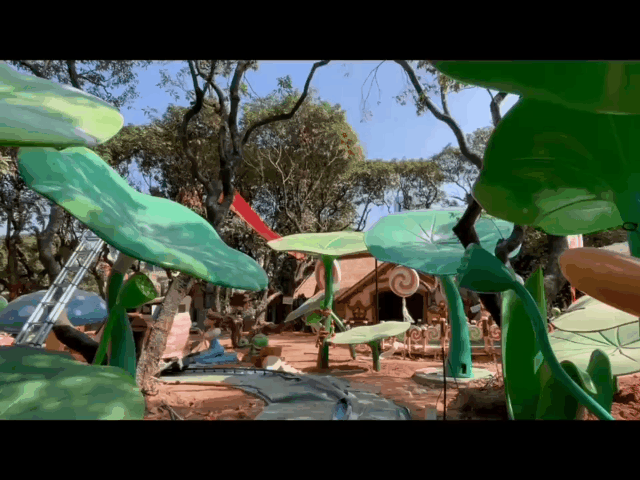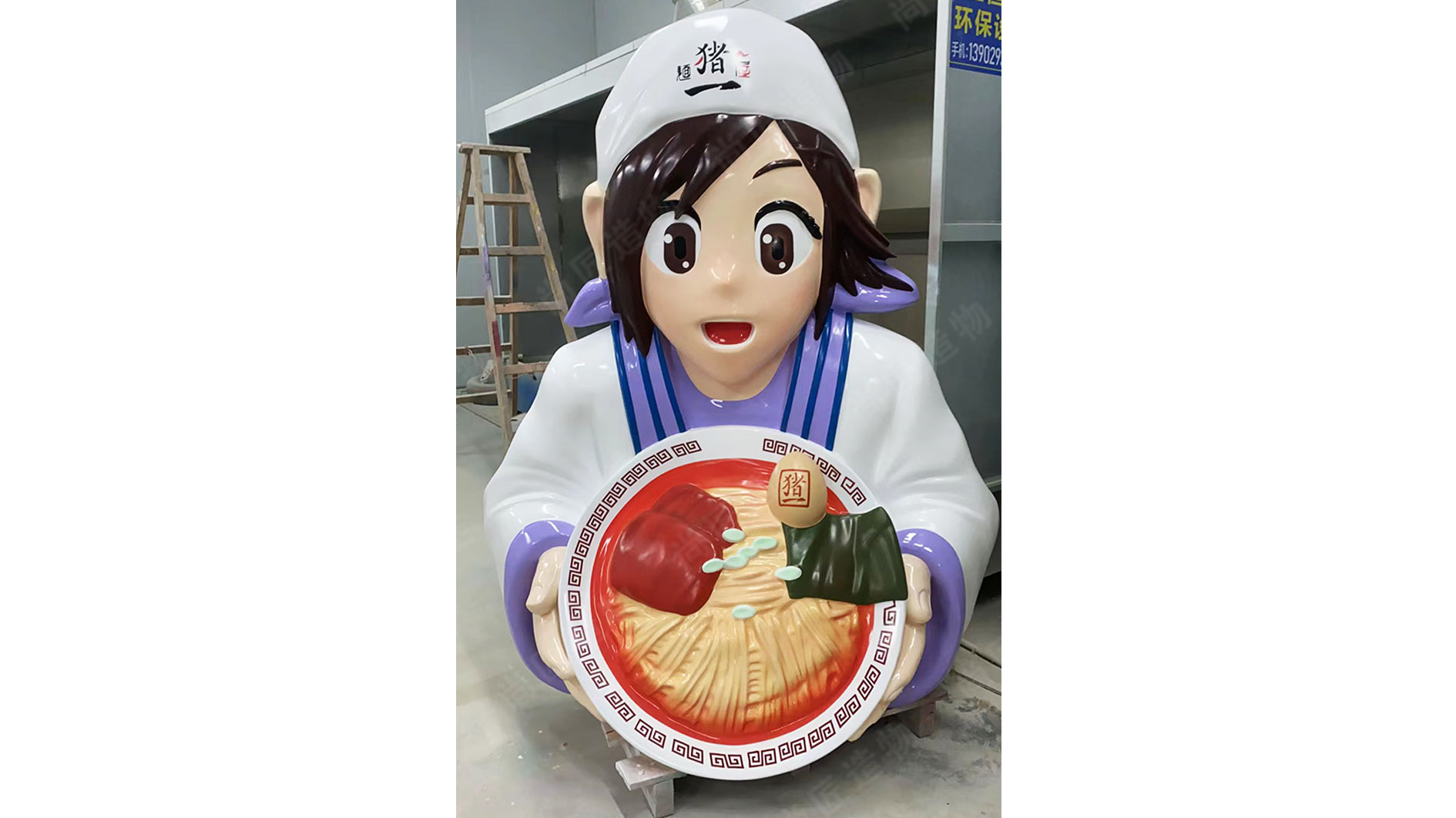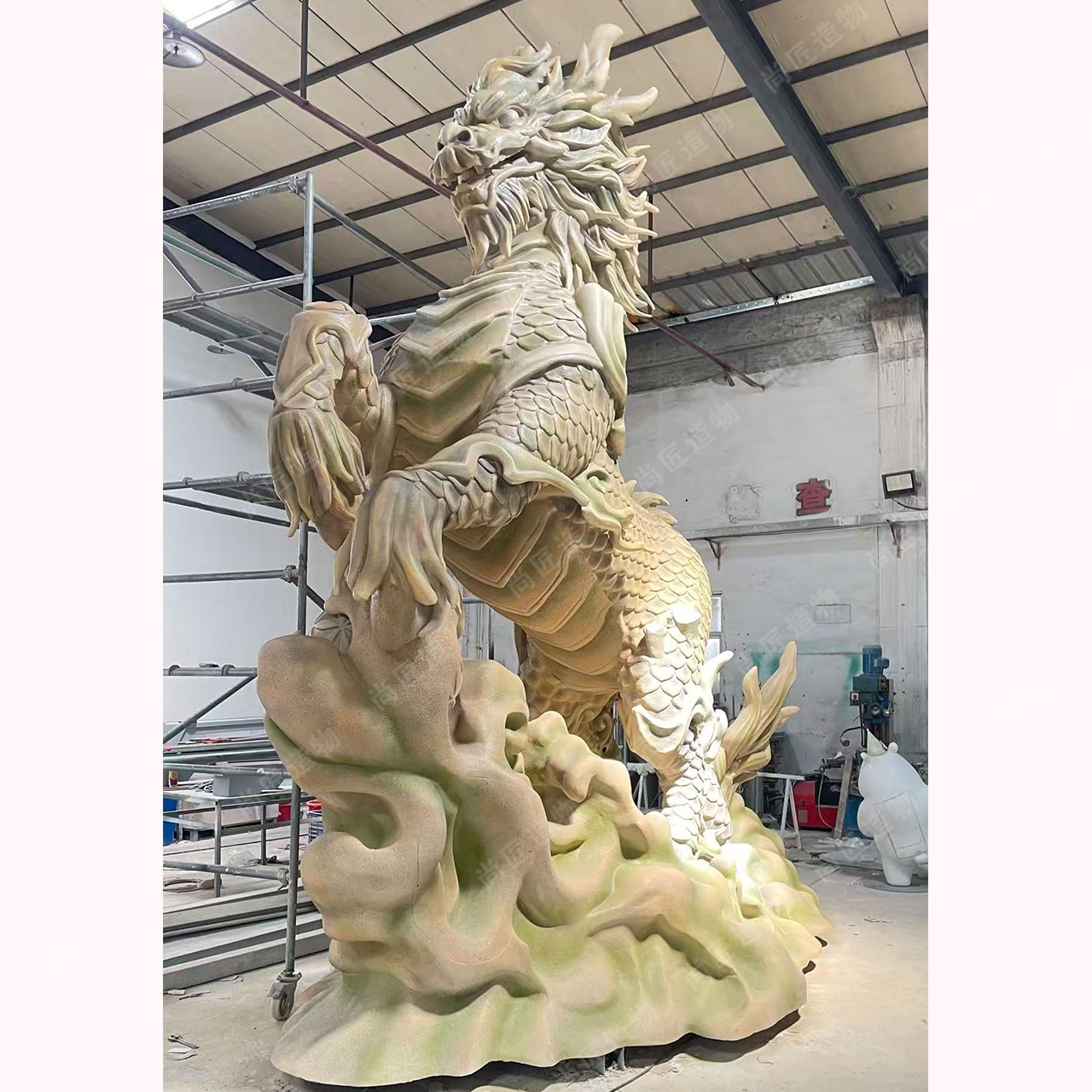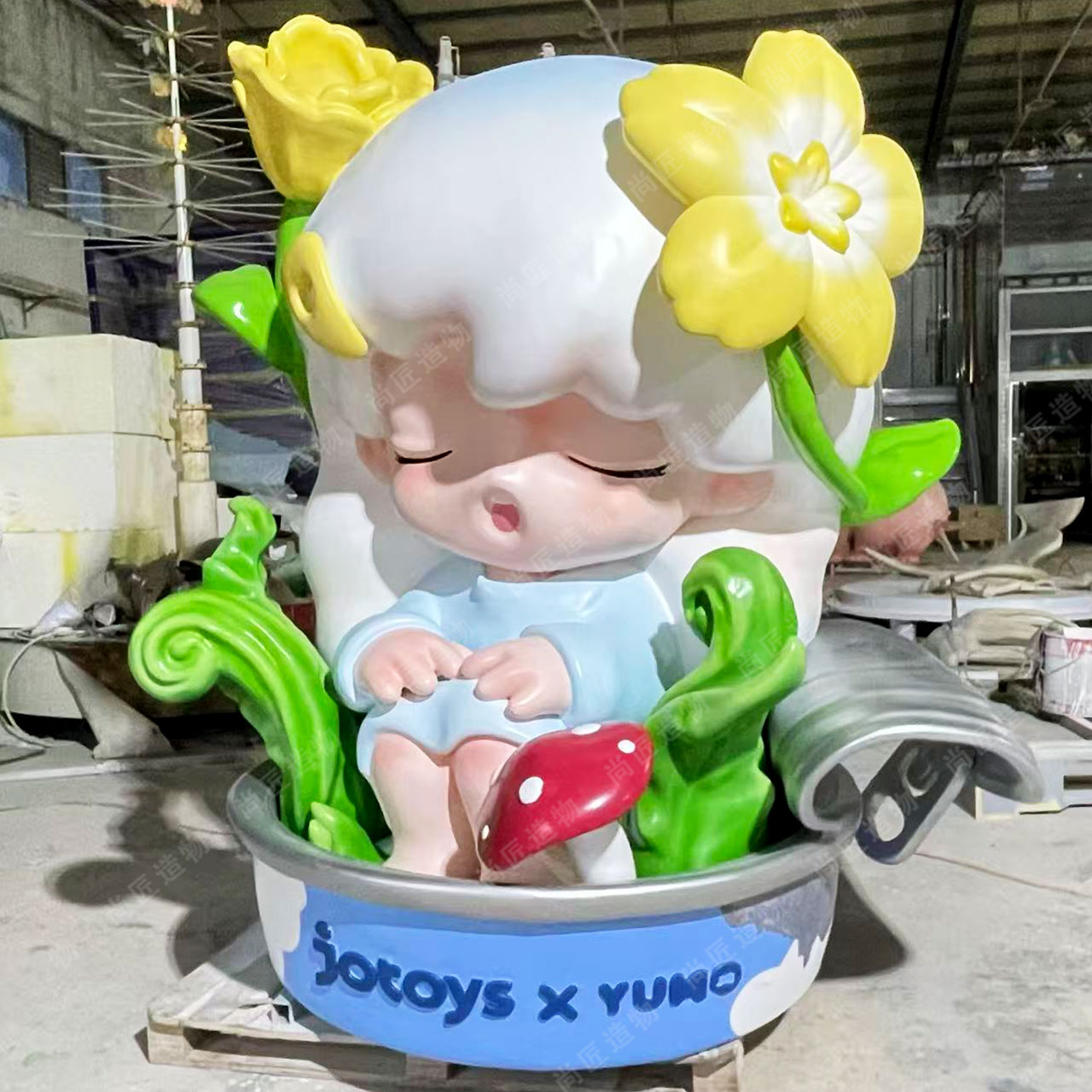Key Takeaways
Navigating the legal landscape of selling licensed character statues requires understanding three core principles: proper licensing, authorized partnerships, and copyright compliance. First, securing valid licenses ensures you have legal rights to reproduce and distribute characters owned by others. This often involves negotiating terms with intellectual property (https://en.artmovr.com/) manufacturer approved by a licensor can streamline production while adhering to quality standards.
Third, strict adherence to copyright laws prevents infringement claims. This includes avoiding unauthorized modifications to designs and ensuring all marketing materials respect trademark guidelines. Sellers should also stay informed about regional regulations, as laws vary globally. By focusing on these pillars, businesses can build a sustainable model for statue sales without legal disputes. Later sections will explore actionable steps to implement these strategies, from drafting licensing agreements to avoiding common pitfalls. Each topic connects logically to create a roadmap for legally compliant, profitable operations.
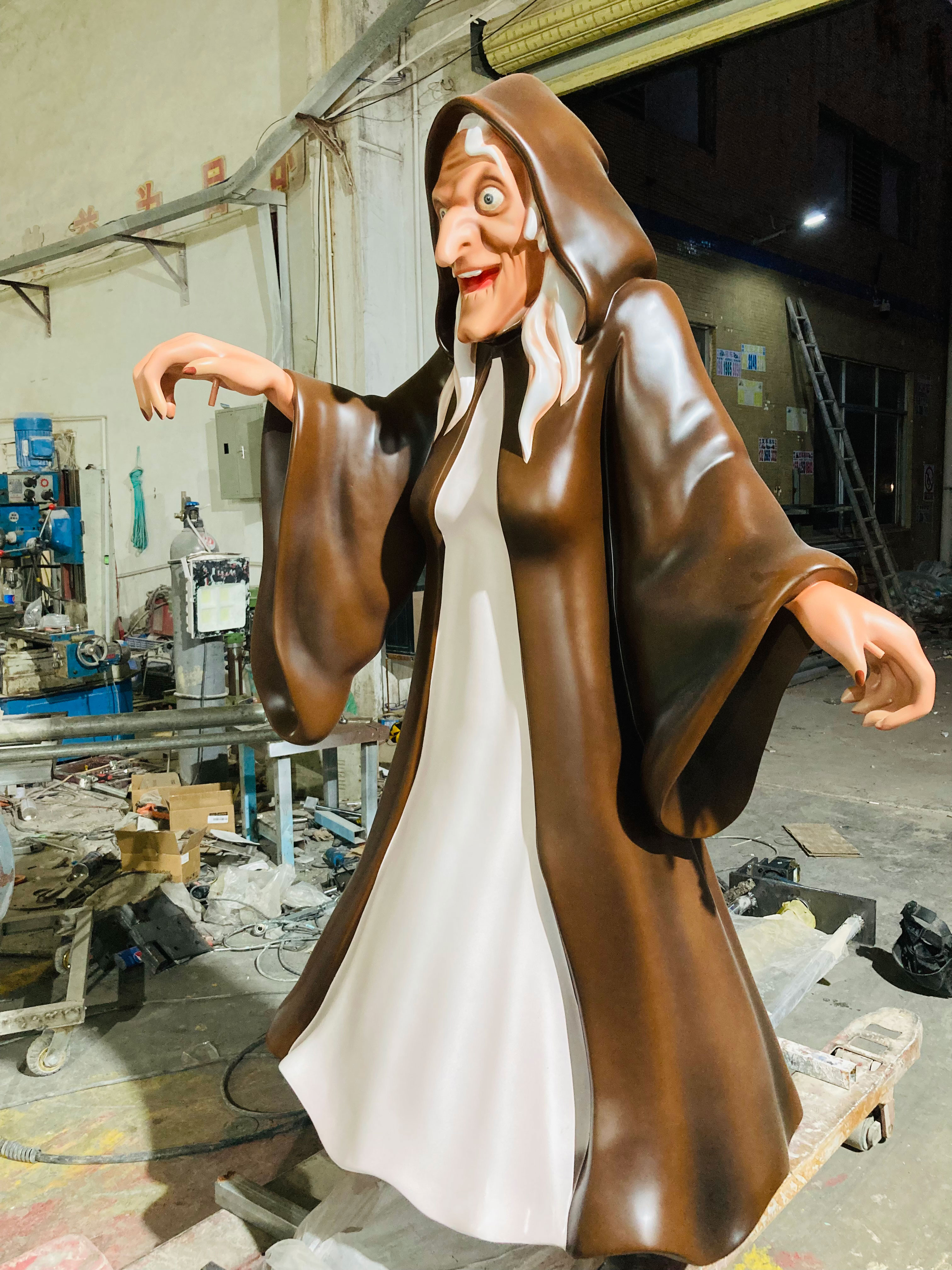
Secure Licensing for Statue Sales
Obtaining proper licensing is the foundation of legally selling licensed character statues. Without explicit permission from copyright holders, creating or distributing statues based on copyrighted designs risks infringement claims. Start by identifying the intellectual property (IP) owner—this could be a studio, publisher, or individual creator—and request a licensing agreement. These contracts outline permitted uses, production limits, and royalty payments.
"Always verify licensing terms before investing in production. Ambiguous agreements can lead to costly disputes," advises a copyright attorney specializing in Cartoon sculpture merchandise.
Licenses often fall into two categories: exclusive (limited to one seller) or non-exclusive (available to multiple vendors). For small businesses, non-exclusive licenses are more accessible and cost-effective. Ensure contracts specify geographic regions, sales channels, and duration to avoid overstepping boundaries. Some licensors require pre-approval of design prototypes to maintain brand integrity.
Pro tip: Partner with licensing agencies or platforms like Licensing International to streamline negotiations. They maintain databases of available IPs and standardized contract templates, reducing administrative hurdles. Finally, document all communications and payments to demonstrate compliance if questions arise later.
Partner With Official License Holders
Collaborating directly with official license holders is the most reliable way to legally sell licensed character statues. These partnerships ensure access to authentic designs, approved marketing materials, and legal protection against copyright claims. For example, companies producing Realistic sculpture often work with studios holding rights to popular franchises, enabling them to replicate details accurately while adhering to intellectual property laws.
To establish such partnerships, follow these steps:
- Verify Licensing Credentials: Confirm the licensor’s authority through official registries or legal databases.
- Negotiate Terms: Define scope (e.g., production limits, geographic sales regions) and royalty structures.
- Sign Binding Agreements: Formalize permissions in contracts reviewed by intellectual property attorneys.
| Partnership Benefit | Risk Without Partnership |
|---|---|
| Legal compliance | Copyright infringement lawsuits |
| Brand credibility | Loss of consumer trust |
| Exclusive designs | Limited product variety |
Transitioning from independent creation to licensed collaboration requires due diligence but minimizes long-term legal risks. This approach also aligns with broader strategies, such as complying with regional copyright laws, which will be detailed in subsequent sections. By prioritizing official partnerships, sellers gain access to pre-approved fan bases while maintaining ethical and legal standards.
Comply With Copyright Laws Legally
Understanding copyright laws is essential when selling licensed character statues to avoid legal disputes. Copyright protections grant exclusive rights to creators or license holders, meaning unauthorized reproductions—even unintentional ones—can lead to fines, lawsuits, or product seizures. To comply, sellers must first identify the intellectual property (https://en.artmovr.com/) of a popular animated character requires written approval from the IP holder, detailing production limits, distribution regions, and royalty terms.
Legal compliance also involves adhering to design specifications provided by licensors. Altering a character’s appearance or branding elements without approval violates most agreements. Additionally, sellers should monitor licensing expiration dates and renew terms promptly. Partnering with legal professionals specializing in IP law ensures contracts align with regional regulations, such as the Digital Millennium Copyright Act (DMCA) in the U.S. or the Copyright Directive in the EU. By prioritizing due diligence, businesses mitigate risks while building trust with licensors and customers.
Avoid Legal Issues in Statue Sales
Navigating legal risks when selling licensed character statues requires proactive measures. Start by confirming that all products have valid licenses from recognized rights holders. For example, a seller offering IP character sculpture must verify the license covers commercial use, distribution, and specific regions. Researching copyright laws is equally critical—statues based on copyrighted characters without permission risk lawsuits, even if designs are slightly modified. Partnering with official license holders or authorized distributors minimizes exposure to infringement claims, as these entities provide legally vetted products.
Additionally, maintain clear records of licensing agreements and compliance certificates. These documents serve as proof of legitimacy during audits or disputes. Sellers should also stay updated on evolving intellectual property regulations, as laws vary by jurisdiction and may impact cross-border sales. For instance, a statue legal in one country might violate trademark rules elsewhere. Implementing routine legal reviews with intellectual property attorneys ensures ongoing adherence to standards. By prioritizing transparency and compliance, businesses can focus on growth without costly interruptions from legal challenges.
Legal Steps to Sell Licensed Statues
To legally sell licensed character statues, begin by securing proper authorization through licensing agreements. First, identify the intellectual property (https://en.artmovr.com/) designs, mandate formal contracts outlining production limits, royalty rates, and approved sales channels. Next, verify the authenticity of your licensing documentation to avoid counterfeit claims. This includes obtaining certificates of authenticity and ensuring trademarks or copyrights are visibly displayed on packaging.
Additionally, collaborate with legal professionals to audit compliance with regional copyright laws. For example, U.S. sellers must adhere to the Digital Millennium Copyright Act (DMCA), while EU businesses follow Directive 2001/29/EC. Missteps, like altering a character’s design beyond licensed parameters, can lead to litigation. Finally, maintain transparent records of inventory sources and sales transactions. This safeguards against accidental infringement and builds trust with buyers seeking legally compliant collectibles. By methodically addressing these steps, sellers minimize risks while aligning with both IP laws and market expectations.
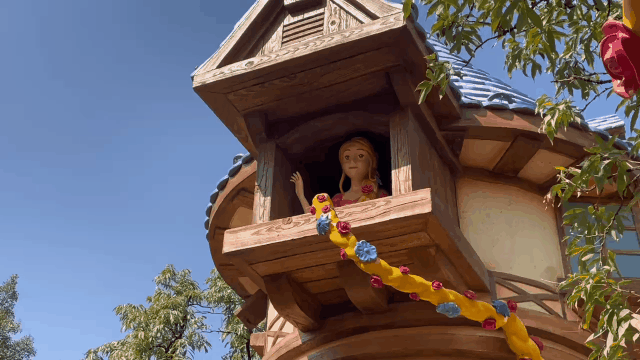
Boost Sales With Licensed Partnerships
Collaborating with established license holders can significantly enhance your statue business while minimizing legal risks. By partnering with studios, publishers, or franchises that own popular characters, you gain access to pre-existing fan bases and brand recognition. For example, securing a partnership with a major entertainment company like Marvel or Disney allows you to produce officially approved statues tied to blockbuster releases or anniversaries. These partnerships often include co-branded marketing campaigns, which amplify visibility across both parties’ audiences.
To maximize results, negotiate terms that align with market trends—such as limited-edition releases or exclusive designs for specific retailers. Many licensors provide style guides and approved manufacturing channels, ensuring product quality matches fan expectations. Additionally, transparent royalty structures and clear contract terms help maintain trust and avoid disputes. Always verify partnership authenticity through official channels, as counterfeit agreements remain a common pitfall. By prioritizing authorized collaborations, sellers avoid the reputational damage of unauthorized replicas while tapping into lucrative, loyal markets.
Prevent Mistakes in Statue Licensing
Avoiding licensing errors begins with thorough research and clear documentation. First, confirm the intellectual property (IP) owner of the character or design—this could be a studio, publisher, or individual creator. Never assume a character is in the public domain without verified evidence. For example, popular characters from films or comics are typically protected for decades. Second, review licensing agreements meticulously. Ambiguous terms, such as restrictions on production quantities or approved sales regions, can lead to unintentional violations. Third, track expiration dates for licenses, as selling statues after a contract lapses risks copyright infringement.
A common oversight involves neglecting manufacturing standards specified in licensing deals. For instance, some agreements require using approved materials or production facilities to maintain quality. Partnering with unverified third-party manufacturers without explicit permission can void contracts. Additionally, avoid altering character designs beyond agreed-upon modifications, as even minor changes may breach IP rights. To stay compliant, maintain open communication with licensors and schedule regular audits of your licensing terms. By prioritizing precision in these areas, sellers reduce legal exposure while preserving relationships with rights holders.
Case Studies: Legal Statue Success
Understanding how businesses successfully navigate licensed statue sales can clarify best practices. One notable example involves a small collectibles retailer that secured a limited licensing agreement with a major animation studio. By working directly with the studio’s licensing division, the retailer gained rights to produce and sell statues of popular characters. This partnership not only ensured compliance with copyright laws but also allowed access to official design assets, resulting in a 40% sales increase within six months.
Another case highlights a global toy manufacturer that avoided legal disputes by conducting thorough due diligence. Before releasing a line of superhero statues, the company collaborated with intellectual property attorneys to verify licensing terms and negotiate royalty payments with multiple rights holders. This proactive approach prevented potential lawsuits and built long-term trust with licensors.
These examples demonstrate that success often hinges on formal agreements, transparency, and adherence to legal frameworks. Businesses that prioritize official partnerships over unlicensed reproductions typically achieve sustainable growth while minimizing risks. Such strategies align with broader industry trends toward stricter copyright enforcement, making compliance a competitive advantage rather than a constraint.
Conclusion
In summary, successfully selling licensed character statues requires a deliberate focus on legal compliance and strategic partnerships. By securing proper licensing agreements, collaborating with official rights holders, and staying informed about evolving copyright laws, businesses can build a trustworthy foundation for their operations. These steps not only minimize legal risks but also enhance credibility with customers who value authenticity.
While navigating licensing processes may seem complex, thorough due diligence ensures long-term viability. Regularly reviewing contracts, monitoring regulatory updates, and maintaining transparent communication with licensors are essential practices. Additionally, learning from real-world case studies—where businesses achieved growth through compliance—can provide actionable insights for avoiding common pitfalls.
Ultimately, the effort to operate within legal boundaries pays dividends in customer trust and market stability. As the demand for licensed merchandise continues to grow, aligning with legal standards positions sellers to capitalize on opportunities while safeguarding their reputation. Prioritizing compliance today lays the groundwork for sustainable success in an increasingly competitive industry.
Frequently Asked Questions
Q: What legally defines a "licensed character statue"?
A: A licensed character statue is a physical representation of a copyrighted or trademarked figure (such as a superhero or cartoon character) produced with explicit permission from the intellectual property (IP) owner. This permission is typically granted through a formal licensing agreement.
Q: How do I obtain proper licensing for selling character statues?
A: First, identify the IP owner (e.g., studios, publishers, or licensing agencies). Submit a formal request outlining your product design, distribution scope, and sales targets. If approved, you’ll sign a licensing contract detailing royalties, quality standards, and usage limitations.
Q: Can I sell statues based on public-domain characters without a license?
A: Yes, but verify the character’s copyright status first. For example, classic literary figures like Sherlock Holmes may have expired copyrights, but modern adaptations could still be protected. Always consult a legal expert to avoid unintentional infringement.
Q: What are the risks of selling unlicensed character statues?
A: Unlicensed sales may lead to lawsuits, fines, or product seizures. Copyright holders can claim damages for lost revenue, and repeat offenses may result in permanent bans from selling related merchandise.
Q: How can I confirm if a licensing partner is legitimate?
A: Check their credentials through official registries like the International Licensing Industry Merchandisers’ Association (LIMA). Legitimate partners will provide verifiable contracts and direct ties to IP owners, not third-party intermediaries without authorization.
Q: Does copyright law differ from trademark law for statues?
A: Yes. Copyright protects artistic expressions (e.g., character designs), while trademarks protect logos, names, or symbols identifying a brand. Statues may require compliance with both, depending on the IP’s registration status.
 ch
ch English
English

